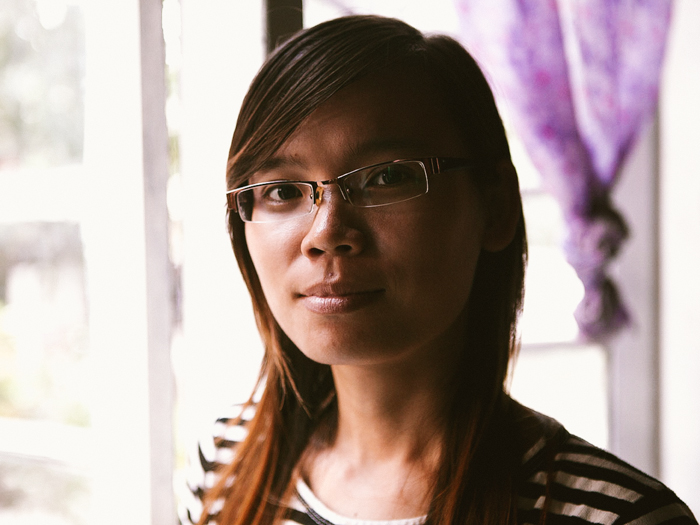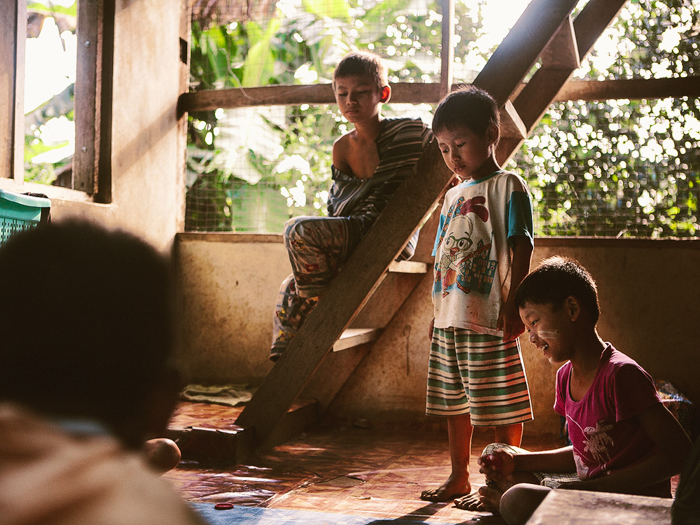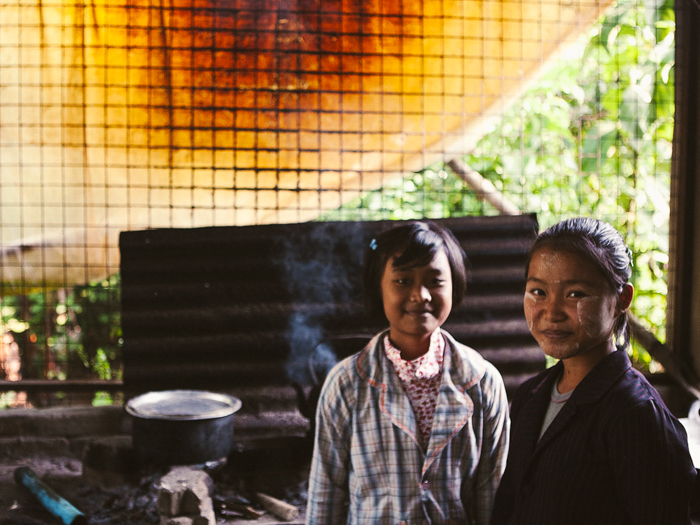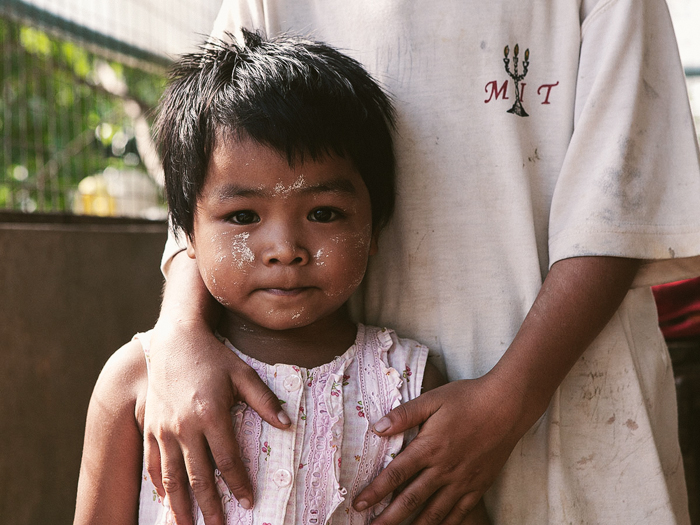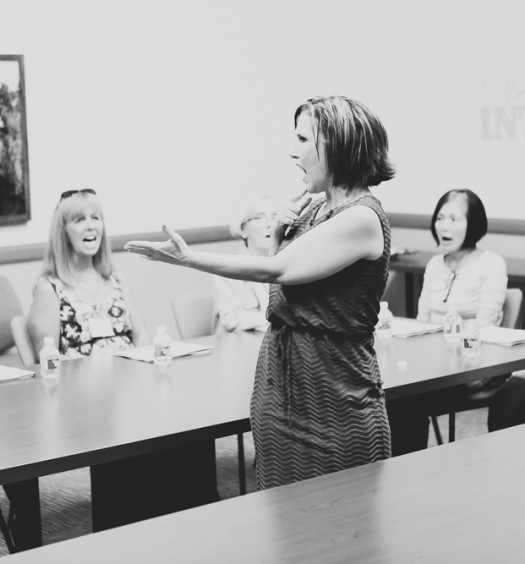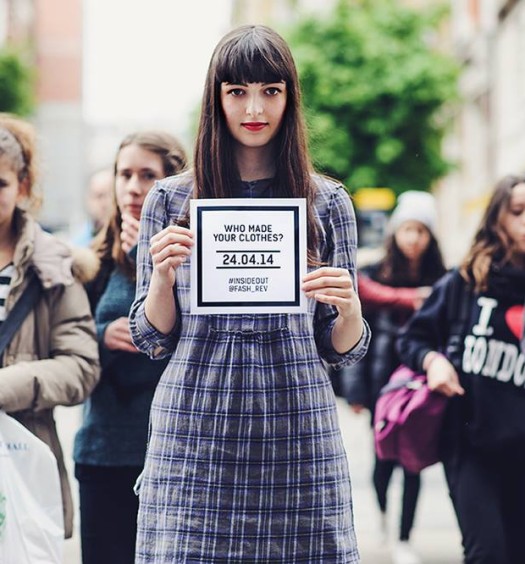Long-Term, Sustainable Capacity Building Programs Empower Communities In Rural Myanmar
While we were completing our outreach projects for Global Populace in Southeast Asia, I heard the phrase “Community Capacity Building” from nearly every group that we met with. And I understood what it meant – to a point. And for many of us, when we hear phrases like this, we tend to nod our heads in understanding without stopping to think – what is capacity building, and what is its purpose?
Yet the goal and purpose of capacity building programs, on both an individual and societal scale, require far more understanding than a simple nod, for they have the potential to become the building blocks that empower communities from the bottom up, for generations to come.
The UN Development Programme defines capacity building as “encompass[ing] the country’s human, scientific, technological, organizational, institutional and resource capabilities” and “building on existing knowledge and skills and enhancing and using them in new directions” (read more here). But, what does this actually look like, in real communities with real people?
Phyu Cyn, a young Karen women living just a few hours outside of Yangon, Myanmar, is a leader in two different organizations that focus their sights on long-term, sustainable Community Capacity Building programs in both nearby villages and those in the northern, war torn Hill Tribe regions.
The first organization, Youth Circle focuses its efforts on providing capacity building workshops on legal advocacy and land rights issues in rural villages that have unreliable access to information regarding their rapidly changing governmental structure and their respective legal rights. Oftentimes, village leaders, at the mercy of dishonest business and government representatives, have been lead into poor land seizure agreements, so in hopes of empowering these communities with the ability to make more informed decisions, Youth Circle holds week long workshops for the adults, youth and children. This leaves the community with new tools and knowledge about how to better advocate on their own behalf within the rapidly changing socio-political system in the future.
The second organization that Phyu Cyn works for, and that her entire family helps to operate, is the Colorful Flowers Garden Children’s Home, which acts as a boarding school for children from war torn villages in the northern Hill Tribe regions. The Children’s Home cares for anywhere between 15 and 30 children at a time and works to provide them with a secure, stable living environment and consistent access to education. Once the children have completed their primary schooling, they’re given the opportunity to continue on at a trade school after which they have the option to return to their villages with their new skills and understanding to help their families.
The impact of capacity building programs like these is substantial and essential to the growth of developing communities when employed correctly. This is when the “one size doesn’t fit all” idea comes dramatically into play, as organizations need to tailor their programs to the needs of the communities or individuals they’re working with. So too, working to build upon social and physical infrastructure that is already in place will not just strengthen the long-term impact of the work, but will encourage trust and reliability amongst the groups. As it seems, Community Capacity Building, though simple on the surface, is at its core about the strengthening and unifying of communities and individuals through shared experience, for to grow together, we must learn together.
LEARN + CONNECT
Learn more about Global Populace
Connect via Facebook and Instagram
FROM THE EDITOR
At Conscious, remarkable people and organizations inspire us, and so we set out to tell stories that highlight human-interest stories, global initiatives, innovation, community development, and social impact. You can read more stories like this when you subscribe.
Editor’s Note: Conscious Magazine has teamed up with Kellie Kreiss, Co-Founder of Global Populace, to tell stories of impact that encourage an exchange of ideas. Find out more about Kellie Kreiss in this interview here. Follow the series.

